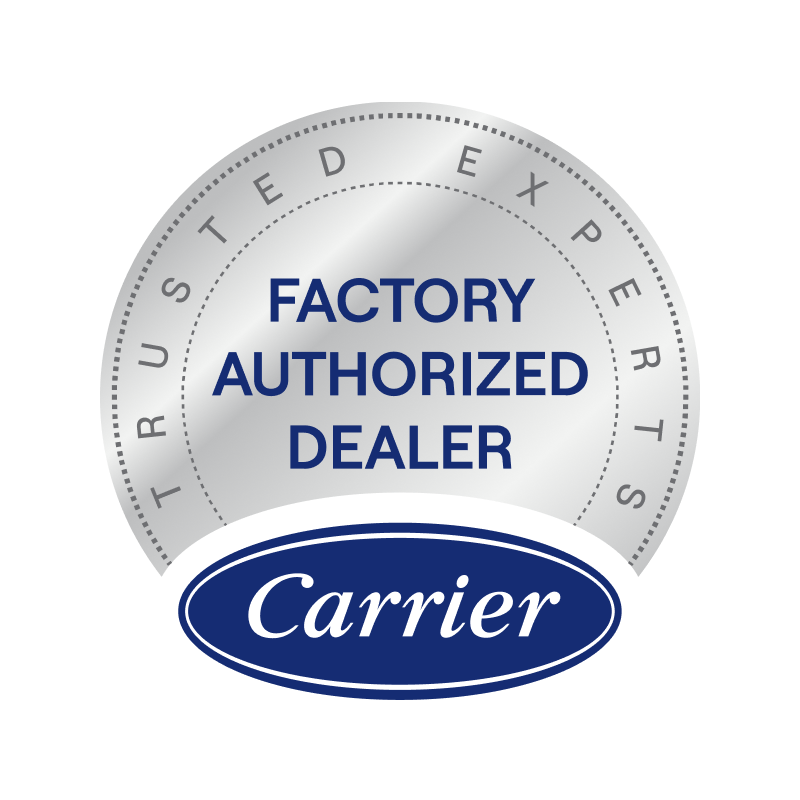Keeping the correct, balanced humidity level in your Savannah home is important to establishing a healthy indoor air environment. A little moisture in your air can be beneficial, but excessive and unregulated humidity can be hazardous to your health and well-being.
Finding a Relative Humidity Level
Scientists recommend that indoor humidity levels should average between 35 and 45 percent. This provides not only the best comfort for your family members, but this level of humidity protects building materials, wooden furniture, drywall and other belongings and materials from the damaging effects of excessive moisture and extreme dryness. How a specific household handles humidity levels depends not only on regional climate and air temperature shifts, but also on housing design, construction and ventilation.
When Humidity Is Too High
High levels of humidity cause moist air to become trapped in basements, corners and similar closed-up areas. This is most noticeable in bathrooms where excessive moisture collects in room corners, allowing mildew to build up. Too much moisture in the air also causes condensation to build up in windows, often leading to the rot of wooden frames. In all of these places, the high humidity levels create an optimum breeding ground for bacteria and mold which, once spores are released into a home’s indoor air environment, can contribute to health complications such as allergies, respiratory problems and even cancer.
Removing Excess Humidity
There are several ways to remove excess moisture from your home; the methodology depends on the problem’s severity, the season, and the location of the dampness. For example, in Georgia’s summer heat waves where humidity is excessive, your house may require a combination of both a whole-house dehumidifier and air conditioner to lower humidity to comfortable levels. Throughout the year, popular houseplants like areca palms and boston ferns have been proven to be quite successful at maintaining a balanced humidity. These ornamental plants go beyond acting as natural humidifiers, and also remove common indoor pollutants like benzene, formaldehyde, and xylene, making them great organic components of your air purifying strategy.
Adding more humidity
While Georgia is more notorious for its humidity than its dryness, during the cold of winter your heating system may make your indoor environment too dry. Hot dry air can become uncomfortable and cause wooden belongings and building materials to crack. To improve the indoor air quality in these drier areas, consider adding a portable humidifier. Alternatively, a whole-house humidifier can be installed in conjunction with your heating system.
Maintaining Optimum Humidity Levels
Consider purchasing a hygrometer to measure your household’s humidity levels. A hygrometer is an inexpensive and user-friendly instrument that, when placed inside a room, has a display that show’s an environment’s relative humidity level. By using this small gadget to monitor the air, you can better gauge how best to achieve balanced humidity in your home, whether it means installing a dehumidifier or adding several houseplants. In addition to the aforementioned solutions, air conditioners are also helpful in controlling a household’s moisture levels.
Size Matters
It is very important that a humidifier should be properly sized for a room. When a humidifier is oversized, it can add too much moisture into a room. Many humidifiers will include manufacturer’s suggestions on the unit’s recommended room size; others will include an adjustable humidity control that, when used with a hygrometer, can help you achieve a proper humidity level.
Types of Humidifier Designs
There are two main types of humidifiers: portable units and whole-house units that are installed with the HVAC system. Whole-house dehumidifiers are generally considered the better buy as they require less maintenance and can keep an entire home at a balanced humidity with a one-time setup. Portable humidifiers are best used in places like offices or not fully enclosed spaces like your garage.
Care and Maintenance
Like all heating and cooling products, humidifiers and dehumidifiers require regular maintenance to ensure running efficiency and increased lifetime productivity. Be sure to read your product manual or consult your local HVAC professional for recommendations on proper filter changes and cleaning. Running a humidifier with a clogged and dirty filter can add harmful contaminants such as bacteria and mold spores to your indoor environment.
For more information on keeping a balanced humidity in your Savannah home, or to learn about other HVAC products and services, contact the professionals at Byrd Heating and Air Conditioning, proudly serving the Savannah area since 1986.

